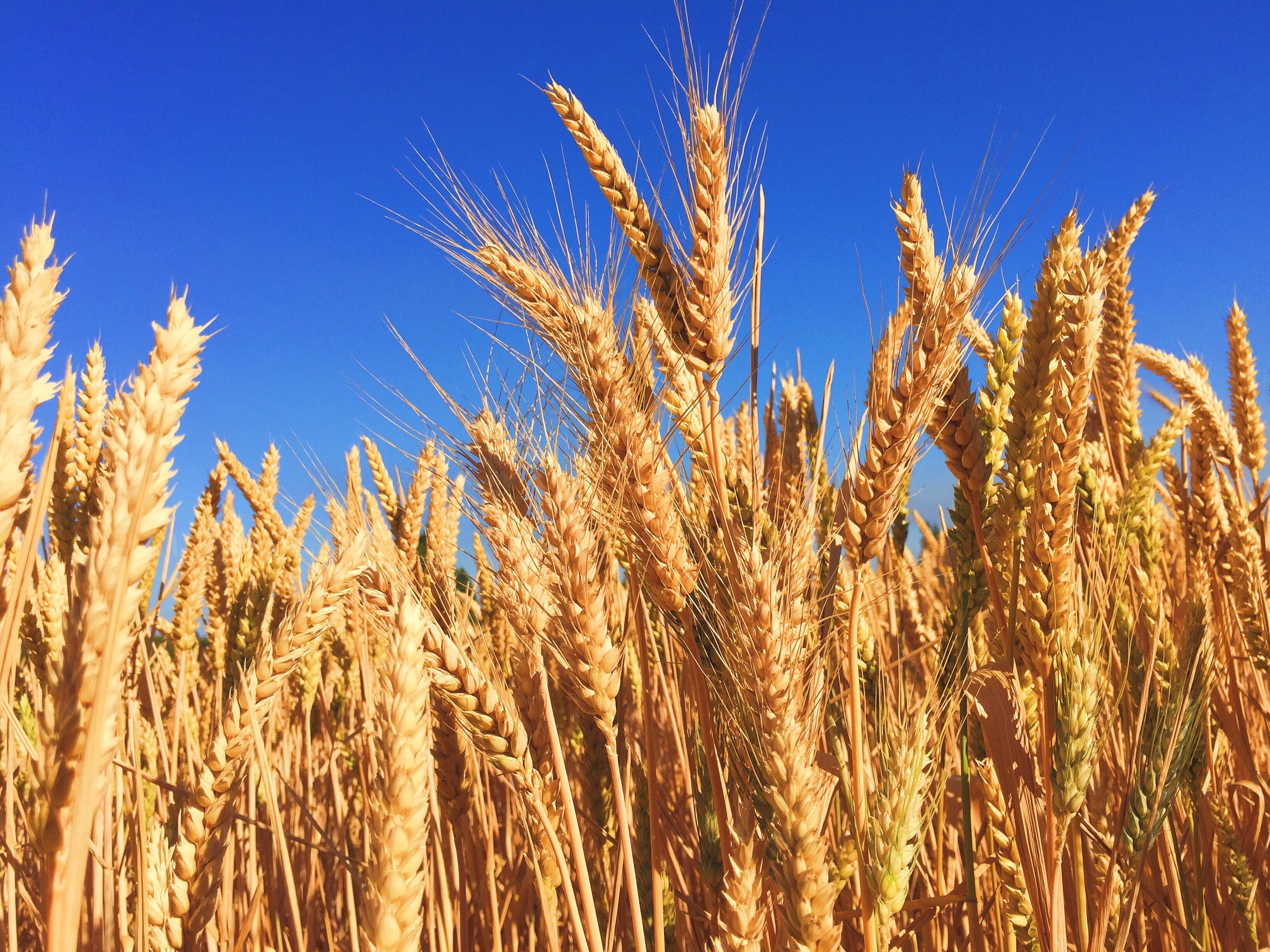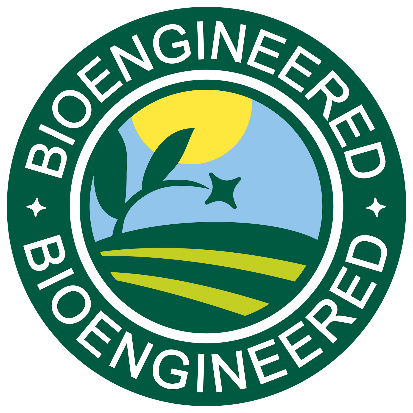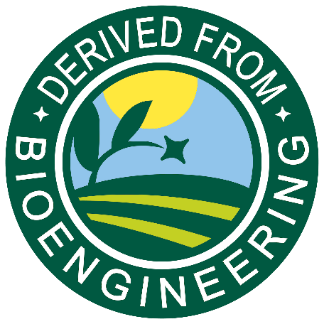
Photo by Melissa Askew on Unsplash
When you shop, can you tell whether the food you are buying has been genetically modified — is it GMO (genetically modified organism)? Do you know whether all genetically modified foods are actually considered to be genetically modified? If a food item contains any genetically modified ingredients, does that have to be disclosed on the label?
Those are questions addressed through the National Bioengineered Food Disclosure Standards (NBFDS). The implementation date for NBFDS labeling requirements for large food manufacturers (those with annual receipts above $10,000,000) was January 1, 2020. For small manufacturers (those with annual receipts from $2,500,000 to $10,000,000), it will be January 1, 2021. Labeling requirements for both large and small manufacturers will become mandatory on January 1, 2022. NBFDS labeling requirements apply to both domestic food manufacturers and sellers, as well as to imported foods sold in the United States.
NBFDS does not use the term GMO; the term “bioengineered food” is used instead. A bioengineered food is one that “contains genetic material that has been modified through in vitro recombinant deoxyribonucleic acid (rDNA) techniques and for which the modification could not otherwise be obtained through conventional breeding or found in nature.” 7 CFR § 66.1(1)(i). In layman’s terms that means that the DNA of the plant or animal has been altered by removing genetic material or adding genetic material to create a new plant or animal that would not have been possible to create in nature using the traditional breeding techniques that men have used for thousands of years.
The FDA maintains a List of Bioengineered Foods, which includes items such as corn, soybeans, potatoes, canola, and a number of others. 7 CFR § 66.6. If a food product contains one of the products on the List of Bioengineered Foods, then the manufacturer and/or seller of the food product needs to maintain records to show that the food product is not subject to the NBFDS (because, for example, it meets the requirements of the National Organic Program) or label it subject to the requirements of the NBFDS. In addition, if the manufacturer knows that a food product contains bioengineered food ingredients (even if it is not on the List of Bioengineered Foods), then the food product must be labeled in accord with the NBFDS.
But, not all foods that have been genetically altered are considered to be bioengineered foods. The term “bioengineered food” under the NBFDS does not include:
· A food that could have been developed using conventional breeding techniques, even if that food was created using genome editing techniques, such as CRISPR Cas-9. https://www.usda.gov/media/press-releases/2018/03/28/secretary-perdue-issues-usda-statement-plant-breeding-innovation
· If the primary ingredient of the food (or the second ingredient listed in the food in the case of broth) is a meat, poultry or eggs covered by the Federal Meat Inspection Act (FMIA), Poultry Products Inspection Acts (PPIA), or Eggs Product Inspection Act (EPIA), it is not subject to NBFDS labeling requirements because it is subject to labeling requirements under other statutes.
· Foods derived from animals that consumed genetically modified feed are not subject to NBFDS labeling requirements due to the genetically modified feed.
· Distilled spirits, wines and malted drinks, which are subject to labeling requirements under another statute, are not subject to NBFDS labeling requirements.
· Small amounts of bioengineered substances (up to 5%) in ingredients will not make a food item subject to labeling requirements under the NBFDS. 7 CFR § 66.5(c).
If a food is subject to NBFDS labeling requirements, the labeling requirements apply to the manufacturers and sellers (including bulk sellers). 7 CFR § 66.100; 7 CFR § 66.114. Restaurants and very small businesses (defined as businesses with less than $2,500,000 in annual receipts) are not subject to NBFDS labeling requirements. 7 CFR § 66.5(a)-(b).
If a food does meet the definition of a bioengineered food and the manufacturer and/or seller of the food is subject to the NBFDS, then what kind of labeling is required? There are multiple options to comply with the NBFDS labeling requirements. Text labels that state “bioengineered foods” (for food products that contain only bioengineered foods) or “bioengineered food ingredients” (for food items that contain one or more bioengineered food ingredients) may be used.” 7 CFR § 66.102. The following symbols, either in color or black and white, may be used:


7 CFR § 66.104. Labeling requirements may also be met with electronic or digital disclosures. 7 CFR § 66.106.
Food manufacturers and sellers who are required to comply with NBFDS labeling requirements must maintain sufficient records to demonstrate compliance with NBFDS. 7 CFR § 66.302. The records must be kept in electronic or paper form for two years following distribution of the food item. While no specific format is required, the records must be detailed enough to demonstrate compliance with the NBFDS. 7 CFR § 66.302.
Manufacturers and retailers, as well as importers of food products will need to make sure that, along with other FDA labeling requirements, they understand and comply with the NBFDS by January 1, 2022.
[View source.]